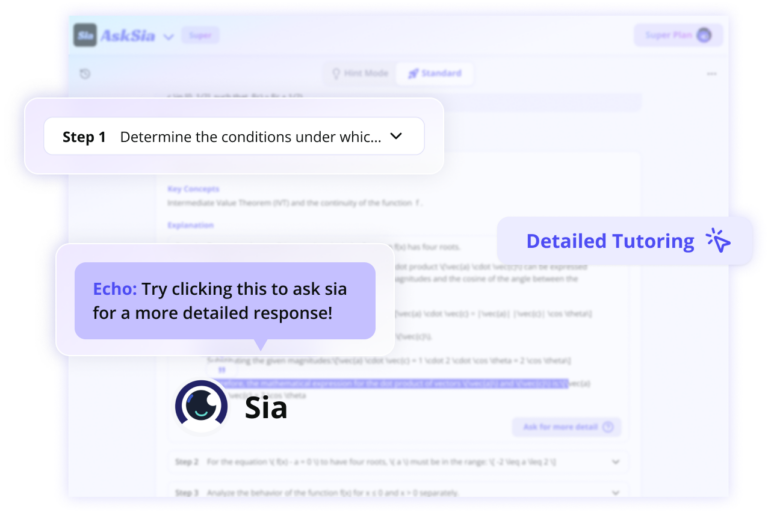An IELTS tutor can significantly improve your test preparation. They provide personalized guidance, help you understand the test format, offer strategies for each section, identify your weaknesses, and give feedback on practice tests. This targeted approach can boost your confidence and potentially increase your band score.
Yes, online IELTS tutoring can be just as effective as in-person sessions. Online tutoring offers flexibility in scheduling, access to a wider range of tutors globally, and the convenience of learning from home. Many platforms use interactive tools and resources to enhance the learning experience, making it comparable to face-to-face instruction.
IELTS tutoring costs can vary widely. Prices typically range from $3 to $50 per hour, depending on the tutor’s experience, qualifications, and location. Some platforms offer affordable options starting at $3 per hour, while specialized tutors or ex-examiners may charge higher rates. Group sessions or package deals can sometimes provide more cost-effective options.
The duration depends on your current English level and target score. Generally, 1-3 months of regular tutoring is recommended. This allows time to assess your strengths and weaknesses, work on improvement areas, and practice test-taking strategies. However, some students may require longer preparation, especially if aiming for higher band scores.
Yes, you can find specialized IELTS tutors. Many tutors focus on specific sections like IELTS writing or speaking. These specialists can provide in-depth guidance for challenging areas. However, it’s also beneficial to work with a tutor who can help with all sections to ensure comprehensive preparation.
No, a native English speaker is not necessary for effective IELTS tutoring. The most important factors are the tutor’s expertise in IELTS preparation, teaching experience, and understanding of the test format. Many non-native speakers are excellent IELTS tutors due to their personal experience with the test and insight into common challenges faced by learners.
Look for tutors with relevant qualifications and experience. Ideal qualifications include TEFL/TESOL certification, experience as an IELTS examiner, or a high personal IELTS score. Additionally, consider tutors with a strong track record of student success, positive reviews, and familiarity with current IELTS test formats and requirements.











